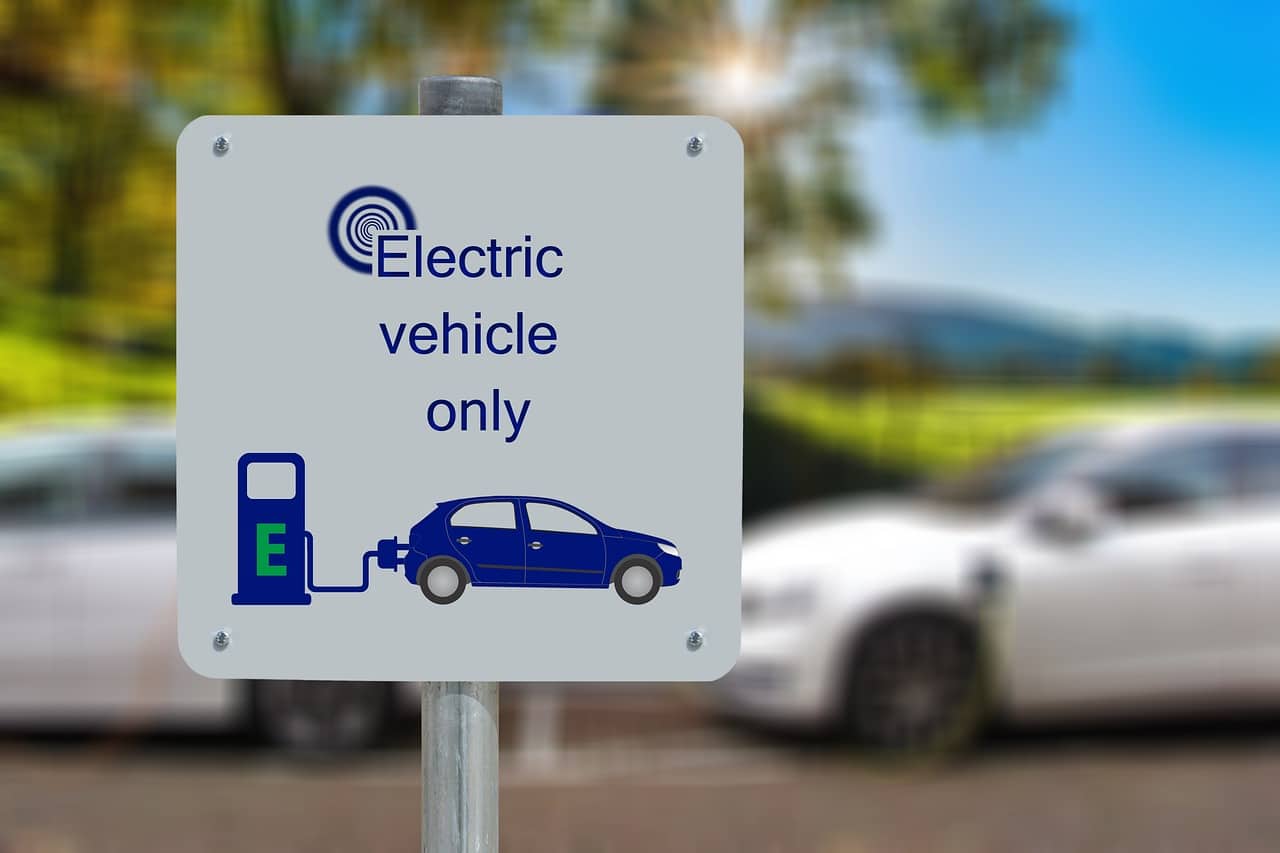When it comes to choosing between gas and electric appliances or vehicles, the decision isn’t always straightforward. Both energy sources come with their own benefits and drawbacks. Whether you’re thinking about a new stove, water heater, or car, understanding the core differences can help you decide what’s best for your lifestyle, budget, and environmental values.
1. Gas vs. Electric Vehicles
Pros:
- Longer driving range, especially in remote areas
- Quick refueling time
- Typically lower upfront cost
Cons:
- Higher emissions
- Fluctuating fuel prices
- Requires more maintenance (oil changes, exhaust systems, etc.)
Electric Vehicles (EVs)
Pros:
- Zero tailpipe emissions
- Lower operating and maintenance costs
- Smooth and quiet ride
Cons:
- Higher initial price (offset by tax incentives in many areas)
- Limited range on some models
- Charging infrastructure still expanding in many regions
Which Should You Choose?
If you’re environmentally conscious, have access to charging stations, and drive mostly within cities or moderate distances, electric is a smart choice. For those who often travel long distances or live in rural areas, gas-powered cars may still be more practical.
2. Gas vs. Electric Appliances
Kitchen Stoves
Gas:
- Instant heat and better control over flame
- Preferred by many professional chefs
- Can work during power outages
Electric:
- Easier to clean (especially smooth tops)
- Safer (no open flames)
- More energy-efficient in well-insulated homes
Water Heaters
Gas:
- Heats water faster
- Lower operational cost in areas with cheap natural gas
- Still functions during blackouts
Electric:
- Easier and cheaper to install
- Lower upfront cost
- More energy-efficient, especially with heat pump models
Heating Systems
Gas:
- Better for colder climates
- Usually cheaper to run in regions with affordable gas
Electric:
- Easier installation
- Safer and cleaner operation
- Efficient in moderate climates
3. Cost Overview
Upfront Costs
- Gas vehicles are usually cheaper than electric ones
- Electric appliances often cost less than gas equivalents
Running Costs
- Electricity is typically cheaper than gas for vehicles
- Gas may be more economical for appliances depending on local rates
Maintenance
- Gas vehicles and appliances require more routine upkeep
- Electric systems are generally more reliable and low-maintenance
4. Environmental Impact
Gas systems release carbon dioxide and other pollutants into the atmosphere. Electric systems are much cleaner, especially if your power source is renewable (like solar or wind). Even in areas where electricity comes from fossil fuels, EVs still tend to have a lower overall carbon footprint than gas-powered alternatives.
Verdict: Electric wins for sustainability.
Final Thoughts: Which One is Right for You?
Your ideal choice between gas and electric depends on what you value most:
- For performance and availability, gas might suit you better.
- For sustainability and long-term savings, electric is the way forward.
- For those in urban settings with good infrastructure, electric shines.
- For rural users or frequent long-distance drivers, gas is still a solid option.
As technology evolves, the gap between gas and electric continues to narrow—making this a great time to evaluate your needs and make an informed switch.
Have a preference or personal experience with gas or electric? Let us know in the comments below!











Leave a Comment